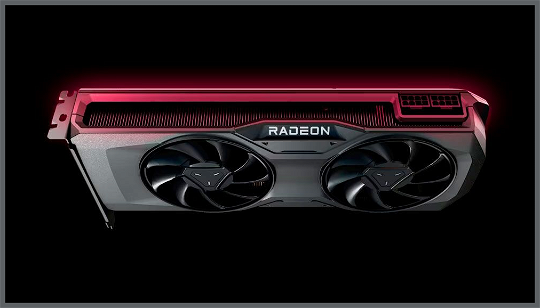AMD claims most PC gamers prioritize performance over power efficiency
AMD claims that most PC gamers don’t care about GPU power consumption, and that it’s more important for laptop users and companies like Intel. The company says that it focuses on achieving good performance per watt across all its products, which can help lower prices and give consumers more choice, but that it’s worth considering whether this assessment is influenced by the company’s lagging efficiency compared to its rivals.
During an interview with Club386, AMD’s Scott Herkelman responds to a question about RDNA3’s energy efficiency compared to Nvidia’s GPUs by stating that gamers generally don’t care about power efficiency.
“I think the general gamer does not care about efficiency,” Herkelman says. “I’m not saying efficiency is not important, but if you look at the consumers that buy the most high-end graphics cards, I think they focus on performance. I think most people focus on performance over energy efficiency because it’s about getting the best gaming experience.”
While it’s true that a graphics card with better performance can help push frame rates higher, which in turn makes a more responsive and enjoyable gaming experience, Herkelman’s response ignores the fact that power consumption is an important factor in PC system efficiency.
If you’re using a 300W graphics card and a 300W CPU, then you’re using 600W, whereas if you use a 200W graphics card and a 300W CPU, you’re using 400W. In the context of a gaming PC, this isn’t an issue, but if you’re looking to build a workstation or a very powerful gaming PC, then it is.
Nvidia’s RTX 40 series graphics cards generally consume less energy than AMD’s RX 7000 series competitors, and the RX 7900 XTX has a higher power rating and consumes more energy in gaming workloads than Nvidia’s RTX 4080, but this doesn’t necessarily mean that AMD’s competitive prices are negated.
The impact of power consumption is more significant with the introduction of high-power GPUs like the 350W and 450W cards, which require more power supply headroom and suitable cases. They also generate more heat and require more physical space, especially in mini-ITX systems, which forces builders to make compromises with other components.
Staying on the cutting edge of GPU technology means considering both performance and power consumption factors, which can help you decide whether to buy Nvidia or AMD graphics cards.














